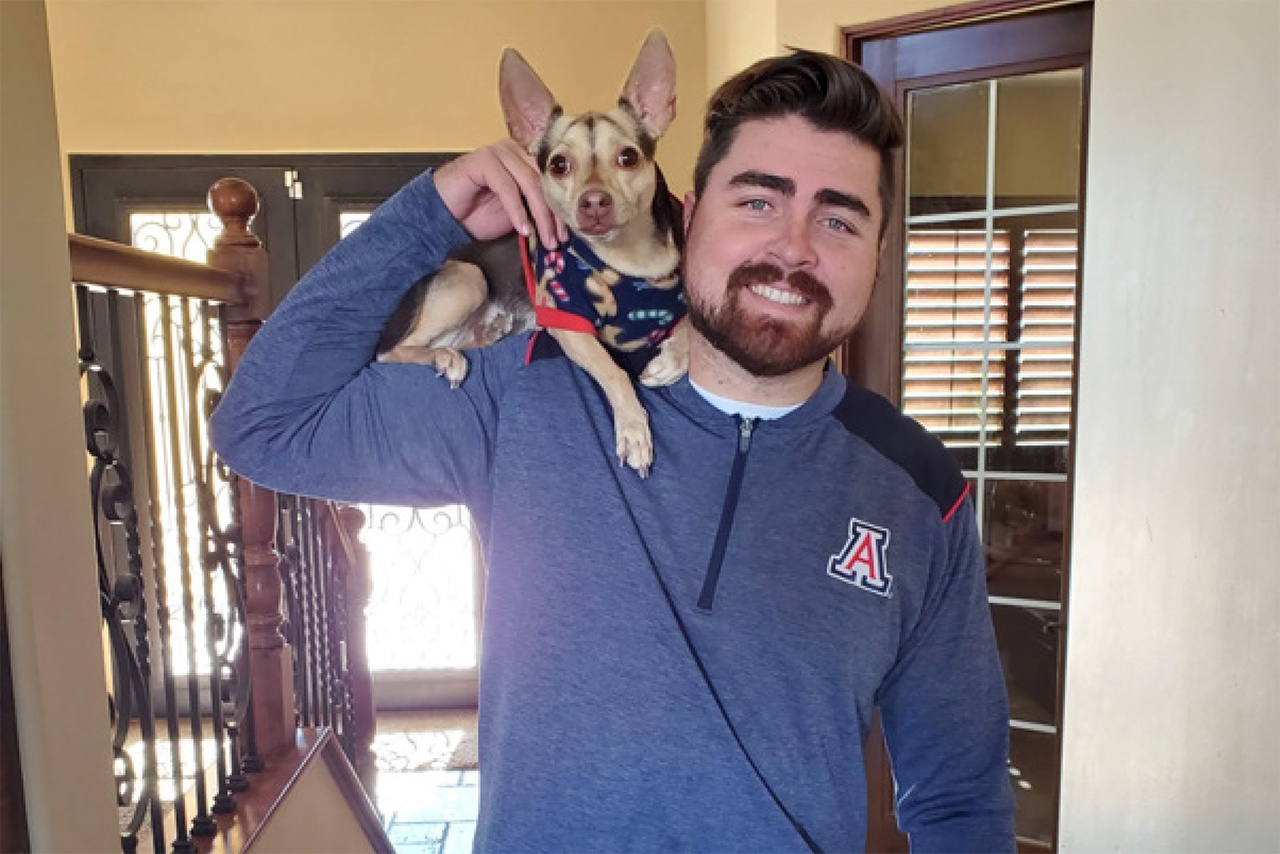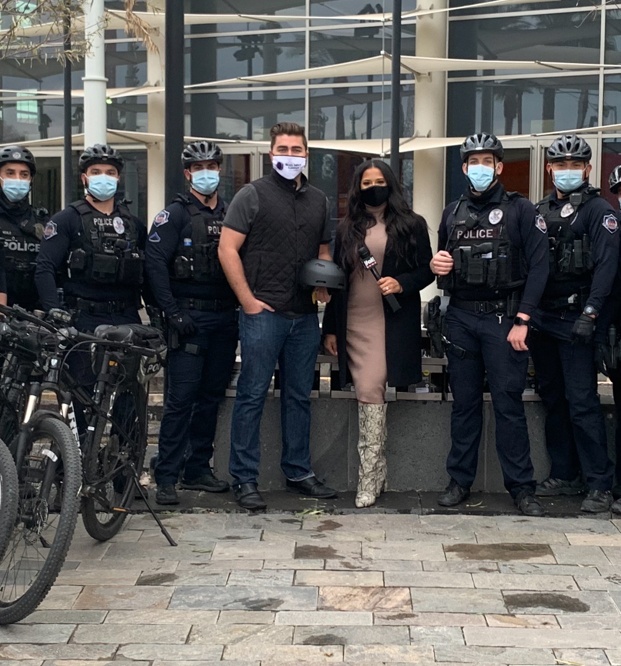Scot Taggart Is Helping Overcome The Stigma Of Brain Injury
Scot Taggart could have rested on his laurels as a football star. Or catalyst for a highly successful technology company. Instead, he has used both as platforms for pursuing his passion: helping people with brain injury.

In addition to providing technical expertise, Scot believes there is much work to be done helping survivors of brain injury. “The biggest challenge we face Is overcoming the stigma,” he says. “Nobody should accept the condition as a sign of weakness. The first step for both the survivor and family is to face the reality head-on.”
Scot Taggart Is Helping Overcome The Stigma Of Brain Injury
Scot Taggart could have rested on his laurels as a football star. Or catalyst for a highly successful technology company. Instead, he has used both as platforms for pursuing his passion: helping people with brain injury.

In addition to providing technical expertise, Scot believes there is much work to be done helping survivors of brain injury. “The biggest challenge we face Is overcoming the stigma,” he says. “Nobody should accept the condition as a sign of weakness. The first step for both the survivor and family is to face the reality head-on.”
As part of a Navy family, Scot and both of his sisters moved around the country quite a bit before settling in Chandler. At Perry High School in Gilbert, he received an all-region honorable mention for football in addition to lettering in baseball and basketball.
As his mother noted, it wasn’t that he liked playing sports, he just loved winning.
Because of his on-field success, he earned a scholarship to play at Northern State University in South Dakota, where he started on the defensive line. He graduated in 2014 with a B.S. in Business Finance and remains extremely active in NSU alumni activities. In a recent fund-raising drive for the school’s new stadium, he sponsored, as he puts it, “the most expensive gym locker in the history of time.” (Yes, the locker has a plaque with his name.)
Once in the business world, Scot saw a need for integration among existing and emerging technologies and developed a turnkey approach to office systems. Joining family-owned Sims Business Systems, a leader in providing cost-effective alternatives to copying, he developed initiatives that transformed the business into a powerhouse.
Scot has brought this same drive and commitment to his role as Advisory Council member of the Brain Injury Alliance of Arizona . Since 2017, he has pursued his mission of making electronics seamless within health providers’ practices.
In addition to providing technical expertise, Scot believes there is much work to be done helping survivors of brain injury. “The biggest challenge we face Is overcoming the stigma,” he says. “Nobody should accept the condition as a sign of weakness. The first step for both the survivor and family is to face the reality head-on.”
Scot’s primary advice pertains to brain injury survivors, as well as in life. “Once we accept the things we can’t change, we’re able to move forward with reality-based solutions. Focus on the things you can control. This goes for attitude, effort, and preparation.’
Recalling his days on the football field, he cites the unique difficulty in the sports world. “Sports has come a long way in the understanding of concussion protocol. Today, there is an acknowledgment that each person’s timetable for recovery is different. And when you talk about professional sports, there must be a balance because their careers are based on their ability to stay on the field.”
On the amateur level, it’s a different story, though. When a parent encourages their kid to “tough it out,” there’s a tendency for youngsters to overlook a potential concussion. Scot thinks this can have long-term repercussions. “If something feels off, there’s no such thing as over-communication.
“At the Brain Injury Alliance, we’re here to answer all questions. And, believe me, there’s no such thing as a dumb question. Well, maybe some that I’ve asked the group at Advisory Council meeting.”
One of his proudest moments with BIAAZ stems from a Fall 2018 event that was the group’s first attempt to bring back a gala. Present were State Representatives and Senators; the keynote was Navy Seal and author, Jimmy Hatch. Members of BIAAZ were seated in a small corner of the Monkey House (aka the Orang-Hutan), the smallest event venue at the Phoenix Zoo, but Scot was impressed that BIAAZ was even being noticed. He believed they were achieving a measure of stature and was optimistic about affecting even more lives. Turning to Executive Director Carrie Collins-Fadell, he remarked, “We’ll be in the big hall in three years.”
Turns out It only took one year to make the jump and sell out the Neeley Center. Carrie remembers the conversation clearly. “Scot wants the Brain Injury Alliance to be the best possible version of ourselves so that we can reach as many people as possible. This moment made our growth concrete for him.”
As they say in football, Scot is still leaving it all on the field.
ABOUT BRAIN INJURY ALLIANCE OF ARIZONA
The Brain Injury Alliance of Arizona (BIAAZ) is the only statewide nonprofit organization dedicated to improving the lives of adults and children with all types of brain injuries through prevention, advocacy, awareness and education. BIAAZ also houses the Arizona Brain Health Resource Center, a collection of educational information and neuro-specific resources for brain injury survivors, caregivers, family members and professionals.
What began in 1983 as a grassroots effort has grown into a strong statewide presence, providing valuable life-long resources and community support for individuals with all types of brain trauma at no charge.
The Brain Injury Alliance of Arizona:
- Works with Congressional Brain Injury Task Force
- Houses Arizona Brain Health Resource Center
- Hosts Statewide Opioid Use Disorder & Cognitive Impairment Workgroup
- Has Statewide Opioid Use Disorder & Cognitive Impairment Response team with peer support, training, and family wraparound services
- Facilitates Brain Health Advisory Council
- Manages statewide Neuro Info-Line: 888-500-9165






